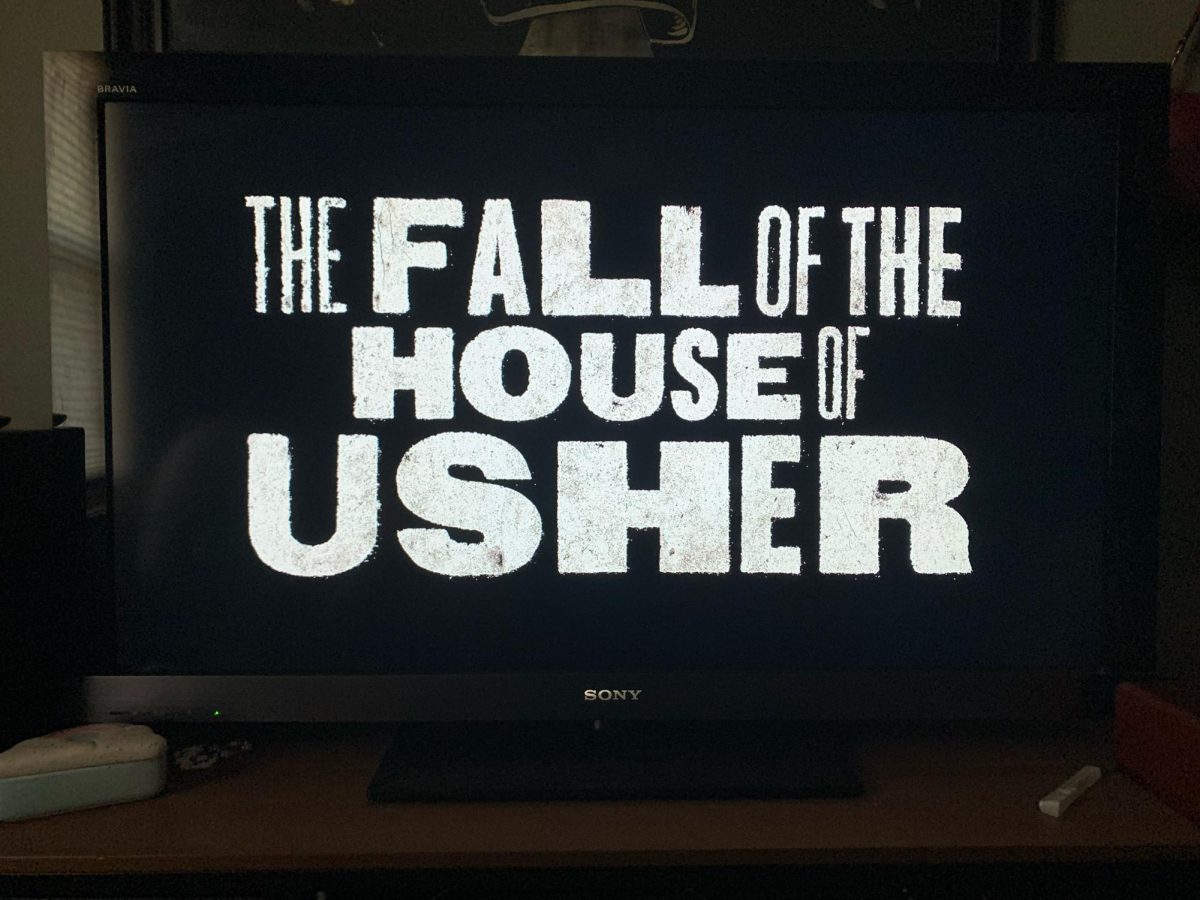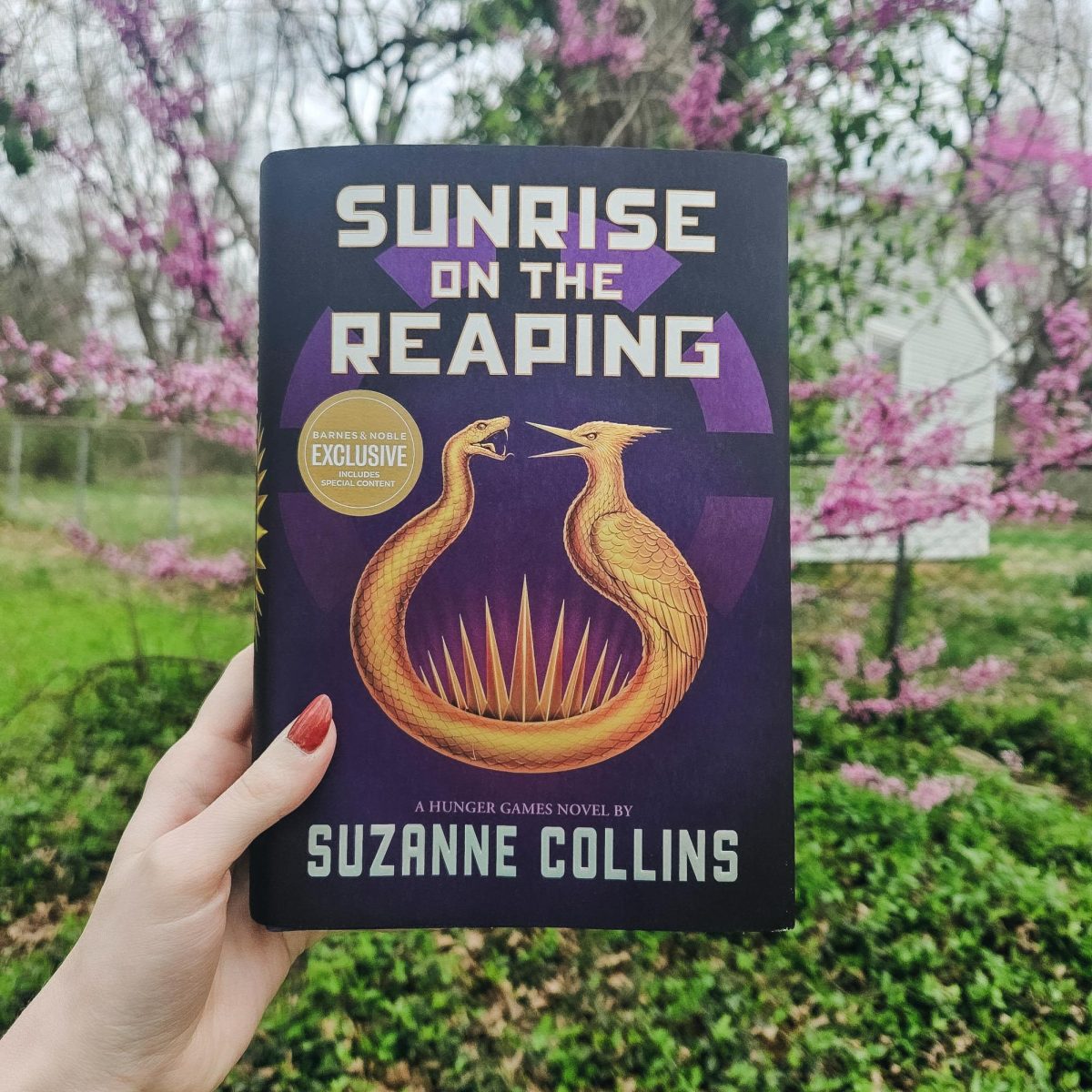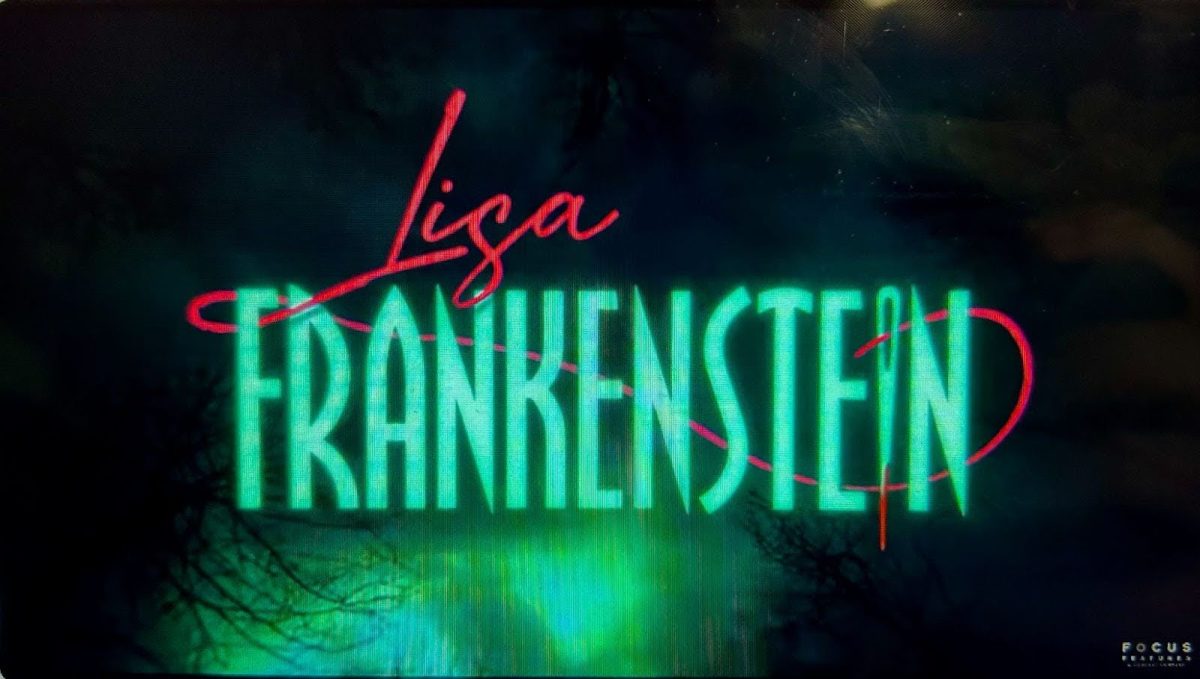Modern-day horror master Mike Flanagan cranks out another hit with “Fall of the House of Usher.”
Known for “The Haunting of Hill House” and “Midnight Mass,” Flanagan adapts Edgar Alan Poe’s classic story and creates a mean-spirited, vicious and straightforward series.
I’m a huge horror fan, and as somebody familiar with most of Poe’s stories, the series hits all the right points of Poe’s morbidity and eeriness.
Flanagan’s adaptation follows two wealthy siblings, Madeline and Roderick, as they watch their pharmaceutical dynasty die in the most literal way possible.
Along with the fall of their empire, the heirs to the family fortune begin to mysteriously perish one by one.
The show wastes no time with establishing the mythology of what is happening to the children of Roderick. The deaths are unavoidable, yet disguised as freak accidents.
Fans of Poe’s literature will catch all the easter eggs thrown into the mix. With episode titles such as “The Tell-Tale Heart” and “The Black Cat,” it’s easy to catch the nodes Flanagan alludes to.
I can’t continue without mentioning the character of Verna, played by Carla Gugino, commonly known for “Gerald’s Game” and “Spy Kids.” Her character mysteriously appears before each character’s death as a different person.
Is she the grim reaper? Or a bad omen?
Flanagan leaves that open for interruption, but the best answer comes from her name alone. After all, Verna rearranged spells “Raven.”
Not to sound too morbid, but the best part of the series is the deaths. Without spoiling the story, we see skin-burning acid rain, a chimpanzee attack and a black cat that causes absolute chaos.
Underneath the grisly deaths and gothic style of the series is a commentary on big pharma corruption. It works in driving the narrative forward but ultimately fails from its vagueness.
There are only hints and allegations as to what the Usher family pharmaceuticals has done, but it’s never clearly stated.
Much like Flanagan’s previous series, he reuses and recycles cast members from previous projects. Playing siblings, the audience can see the chemistry between the cast members is more playful.
The banter is passive-aggressive and dark but 100% fun.
The series concludes with eight strong episodes and ends on a high note. Flanagan’s previous work is strong, but this is his strongest.
“Fall of the House of Usher” is a gory love letter to Edgar Allen Poe, with Flanagan’s signature cinematic touch.
mcr6g7@umsystem.edu




















